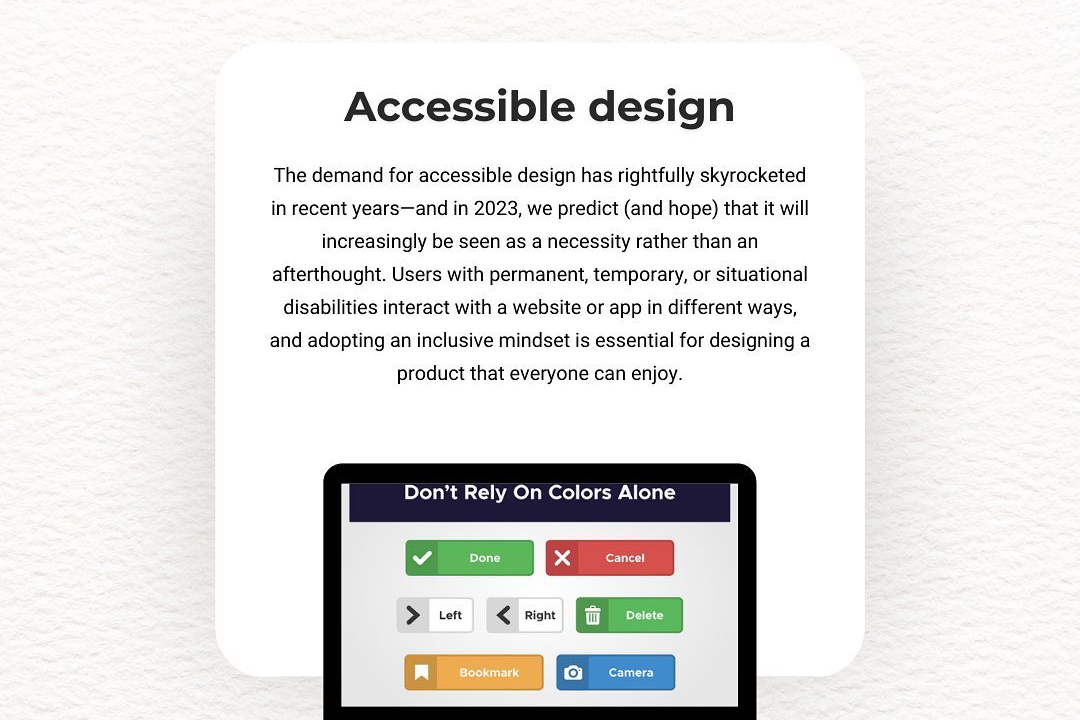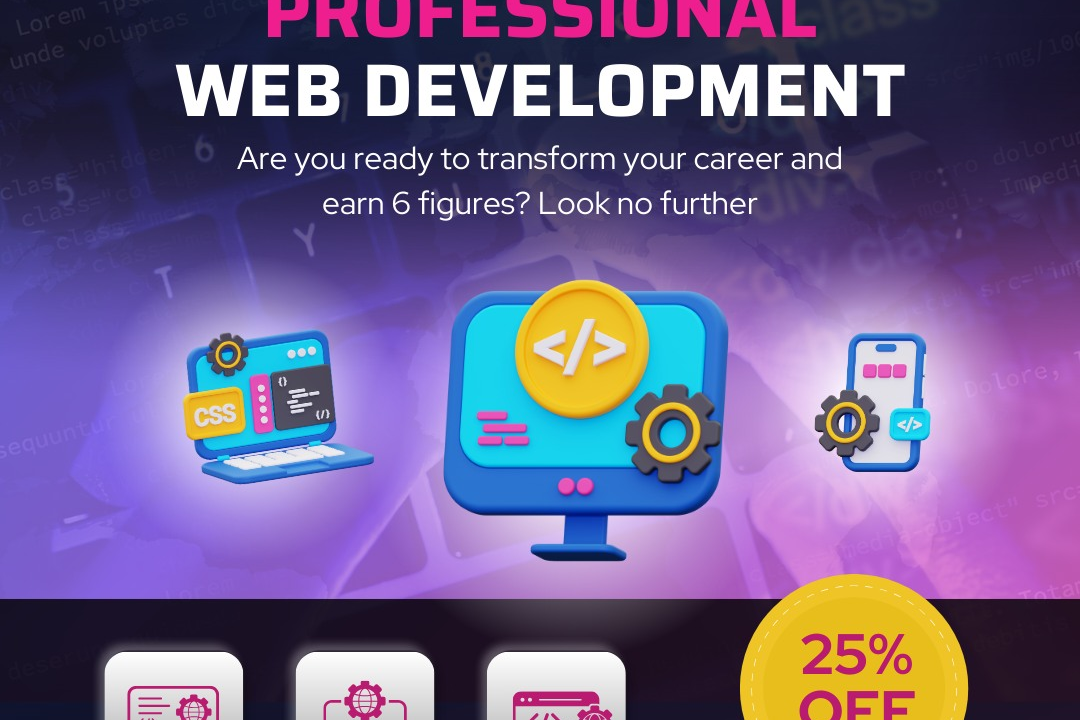Selenium Training Curriculum
The Selenium training curriculum at JustAcademy is designed to provide learners with a thorough unde
Selenium Training Curriculum
The Selenium training curriculum at JustAcademy is meticulously crafted to equip learners with essential skills in automated testing, which is an invaluable asset in the software development lifecycle. As businesses increasingly depend on flawless web applications, understanding Selenium enables professionals to streamline testing processes, reduce time-to-market, and enhance software quality. This comprehensive curriculum not only covers the fundamental aspects of Selenium WebDriver, but also incorporates real-time projects that provide practical experience, making it highly applicable in real-world scenarios. By completing this course, participants will gain a competitive edge in the job market, positioning themselves as proficient automation testers ready to tackle the challenges of modern software development.
To Download Our Brochure: https://www.justacademy.co/download-brochure-for-free
Message us for more information: +91 9987184296
The Selenium training curriculum at JustAcademy is meticulously crafted to equip learners with essential skills in automated testing, which is an invaluable asset in the software development lifecycle. As businesses increasingly depend on flawless web applications, understanding Selenium enables professionals to streamline testing processes, reduce time to market, and enhance software quality. This comprehensive curriculum not only covers the fundamental aspects of Selenium WebDriver, but also incorporates real time projects that provide practical experience, making it highly applicable in real world scenarios. By completing this course, participants will gain a competitive edge in the job market, positioning themselves as proficient automation testers ready to tackle the challenges of modern software development.
Course Overview
The Selenium Training Curriculum at JustAcademy is designed to provide a comprehensive understanding of automated testing using Selenium, a leading tool in the industry. This course covers the fundamentals of Selenium WebDriver, including its architecture, key features, and integration with testing frameworks. Students will engage in hands-on learning through real-time projects that simulate real-world testing scenarios, reinforcing their skills in test automation. The curriculum also includes advanced topics such as XPath, Page Object Model, and continuous integration tools, preparing learners for the challenges of modern software development. By the end of the course, participants will be equipped with the knowledge and practical experience necessary to excel in automated testing roles in various industries.
Course Description
The Selenium Training Curriculum at JustAcademy offers an in-depth exploration of automated testing using Selenium, one of the most widely-used testing frameworks in the software industry. This course is designed for both beginners and experienced testers, covering essential topics such as Selenium WebDriver, test automation principles, and best practices. Participants will engage in hands-on projects that mimic real-world applications, allowing them to apply their knowledge in practical scenarios. The curriculum also delves into advanced concepts, including XPath, applying the Page Object Model, and integrating with CI/CD tools. By the end of the course, learners will possess the skills and confidence to effectively implement automated testing in real-time projects, paving the way for a successful career in software quality assurance.
Key Features
1 - Comprehensive Tool Coverage: Provides hands-on training with a range of industry-standard testing tools, including Selenium, JIRA, LoadRunner, and TestRail.
2) Practical Exercises: Features real-world exercises and case studies to apply tools in various testing scenarios.
3) Interactive Learning: Includes interactive sessions with industry experts for personalized feedback and guidance.
4) Detailed Tutorials: Offers extensive tutorials and documentation on tool functionalities and best practices.
5) Advanced Techniques: Covers both fundamental and advanced techniques for using testing tools effectively.
6) Data Visualization: Integrates tools for visualizing test metrics and results, enhancing data interpretation and decision-making.
7) Tool Integration: Teaches how to integrate testing tools into the software development lifecycle for streamlined workflows.
8) Project-Based Learning: Focuses on project-based learning to build practical skills and create a portfolio of completed tasks.
9) Career Support: Provides resources and support for applying learned skills to real-world job scenarios, including resume building and interview preparation.
10) Up-to-Date Content: Ensures that course materials reflect the latest industry standards and tool updates.
Benefits of taking our course
Functional Tools
1 - Selenium WebDriver
Selenium WebDriver is the core component of the Selenium suite, enabling automation of web applications across various browsers and platforms. It provides a programming interface that allows users to create test scripts in multiple languages, including Java, C#, and Python. With WebDriver, students will learn how to interact with website elements like buttons, text fields, and drop down menus. WebDriver's design accommodates asynchronous scripts, ensuring that the commands run in a way that mimics real user behavior, which is critical for accurate testing of web applications in real world scenarios.
2) Selenium IDE
Selenium IDE (Integrated Development Environment) is a tool that allows users to record and playback their interactions with a web application. It is ideal for beginners as it provides a visual interface for creating test scripts without the need for programming knowledge. Students will become familiar with the functionalities of Selenium IDE to quickly automate simple test cases and export them to other programming languages for further refinement. This tool emphasizes the fundamentals of functional testing and helps learners grasp the basics of automation before transitioning to more complex frameworks.
3) TestNG
TestNG is a testing framework inspired by JUnit but designed to cover a wider range of testing categories. It provides features such as annotations, grouping, and parallel execution, making it especially useful for large scale test automation projects. In the Selenium Training Curriculum, students will learn how to integrate TestNG with Selenium WebDriver, allowing for better test management and reporting. This combination enhances the automation experience by organizing tests into logical groups, facilitating ongoing maintenance, and providing output reports that detail the results of automated test runs.
4) Maven
Maven is a build automation tool that is particularly useful in managing project dependencies and build processes in Java projects. Students will learn how to utilize Maven to streamline their Selenium test projects, including how to configure and manage dependencies required for execution. The integration of Maven within the curriculum allows learners to experience real world practices by automating testing and project management tasks. This provides an understanding of how to effectively handle library dependencies, perform builds, and manage project configurations, enhancing overall project efficiency.
5) Cucumber
Cucumber is a behavior driven development (BDD) tool that allows teams to write tests in a language that is understandable to non technical stakeholders, known as Gherkin. Through the Selenium Training Curriculum, students will explore how to use Cucumber with Selenium for developing tests that emphasize collaboration between technical and non technical team members. This integration facilitates writing clear test cases, improving communication in development teams, and fostering a better understanding of user requirements. Students will learn how to create executable specifications that validate the application’s behavior as per business needs.
6) BrowserStack
BrowserStack is a cloud based cross browser testing tool that allows users to run tests on various browsers and operating systems without the need for local installations. In the Selenium Training Curriculum, students will experience using BrowserStack to optimize their test automation across real devices and different browsers. This tool offers real time browser testing sessions and simplifies the process of finding and fixing cross browser compatibility issues. By using BrowserStack, learners will gain practical insights into the importance of ensuring application functionality across different environments, enhancing their skills in real world testing scenarios.
7) Continuous Integration (CI) with Jenkins
Jenkins is an open source automation server that plays a crucial role in continuous integration and continuous deployment (CI/CD) pipelines. Within the Selenium Training Curriculum, students will learn how to integrate their Selenium test automation environments with Jenkins to facilitate automated testing during the development lifecycle. This integration enables regular testing of code changes, reducing integration issues and encouraging early detection of bugs. Students will develop skills in setting up Jenkins jobs, scheduling tests, and utilizing build pipelines, positioning them to implement CI practices effectively in their future projects.
8) Page Object Model (POM)
The Page Object Model is a design pattern that enhances test automation by promoting the separation of test scripts and the application’s user interface. In the Selenium training program, students will be introduced to the POM approach, allowing them to create maintainable and reusable code. By modeling web pages as objects, learners will understand how to organize their test code, improve readability, and simplify maintenance as the application evolves. This practice reduces redundancy and streamlines the testing process, giving learners a strong foundation for building scalable test frameworks.
9) Explicit and Implicit Waits
Effective synchronization is a critical aspect of test automation, especially when dealing with dynamic web applications. The curriculum will cover explicit and implicit waits in Selenium WebDriver, teaching students how to handle page load times and element states. By mastering these techniques, learners will improve the stability and reliability of their test scripts, ensuring that tests can adapt to varying response times across different environments. This knowledge equips students with essential tools to navigate challenges related to timing issues in automated testing.
10) Handling Alerts and Pop ups
Web applications often include alerts, modals, and pop ups that require specific interaction during testing. The Selenium Training Curriculum addresses how to manage these challenges effectively. Students will learn to identify different types of alerts and utilize WebDriver methods to handle them appropriately. This component of the training ensures that learners can interact with all elements of an application, including unexpected or user generated prompts, thereby covering a wider scope of test cases in their automation efforts.
11 - Frame and Window Management
In modern web applications, it is common to encounter multiple frames and pop up windows. The curriculum will include lessons on switching between different contexts using Selenium, allowing students to manage frames and browser windows efficiently. This knowledge helps learners understand how to control the browser's focus, interact with elements within different frames, and handle tasks related to window navigation. By mastering this skill, students can enhance their testing capabilities for applications that rely on complex UI structures.
12) API Testing with Rest Assured
While Selenium primarily focuses on web UI testing, integrating backend testing is essential for comprehensive test coverage. The training will introduce students to API testing using Rest Assured, allowing them to assess the functionality of RESTful web services. By learning how to test APIs alongside their UI tests, students can ensure that both frontend and backend components of an application work seamlessly together. This approach empowers learners to create robust test suites that encompass a full spectrum of application functionality.
13) Data Driven Testing
Data driven testing allows for the execution of the same test case with different sets of data, enhancing test coverage significantly. The training will cover techniques for implementing data driven testing with TestNG and Selenium, teaching students to separate test logic from test data. By harnessing tools like Apache POI or CSV files, learners can automate their tests against various datasets, enabling them to validate application behavior under different conditions. This practice is vital for ensuring that applications perform reliably with diverse inputs and scenarios.
14) Performance Testing Integration
Understanding how an application behaves under load is critical for delivering high quality software. The curriculum will touch upon integrating performance testing tools like JMeter with Selenium, illustrating how to assess application performance alongside functional testing. Students will learn to create scripts that simulate user interactions and monitor application response times under varying load conditions. This knowledge positions them to tackle performance issues and enhance the overall user experience in their web applications.
15) Best Practices for Selenium Testing
Finally, the curriculum will emphasize best practices for writing efficient and effective automation scripts using Selenium. Topics will include clean code principles, effective error handling, maintaining code quality, and strategies for ongoing test maintenance. By instilling these practices, the training will prepare students to create stable and reliable test automation frameworks that facilitate long term success in their software development and testing careers.
Browse our course links : https://www.justacademy.co/all-courses
To Join our FREE DEMO Session: Click Here
This information is sourced from JustAcademy
Contact Info:
Roshan Chaturvedi
Message us on Whatsapp:
Email id: info@justacademy.co












